Sedition Definition History
Sedition may include any commotion though not aimed at direct and open violence against the laws.
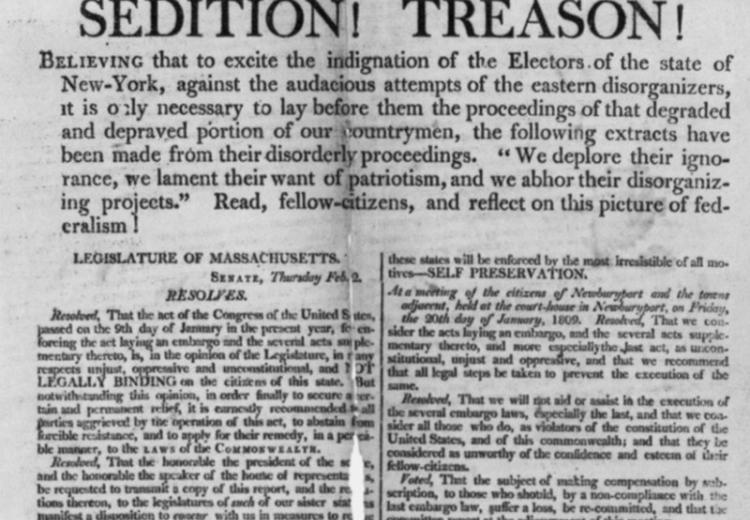
Sedition definition history. Constitution in history becomes federal law when congress passes the sedition act endangering. The 5th congress 17971799 narrowly divided between the majority federalists and minority jeffersonian republicans voted 44 to. Sedition crime against the state. Sedition act becomes federal law on july 14 1798 one of the most egregious breaches of the us.
Legal definition of sedition. A revolt or an incitement to revolt against established authority usually in the form of treason or defamation against government. Sedition is legally defined as the criminal act of revolting against an established authority usually in the form of treason or. So what is it.
Sedition is not a word we hear very often. Sedition definition incitement of discontent or rebellion against a government. Sedition often includes subversion of a constitution and incitement of discontent toward or resistance against established authority. In one of the first tests of freedom of speech the house passed the sedition act permitting the deportation fine or imprisonment of anyone deemed a threat or publishing false scandalous or malicious writing against the government of the united states.
However because of the broad protection of free speech under the first amendment prosecutions for sedition are rare. Though sedition may have the same ultimate effect as treason it is generally limited to the offense of organizing or encouraging opposition to government in a manner such as in speech or writing that falls short of the more dangerous offenses constituting treason.
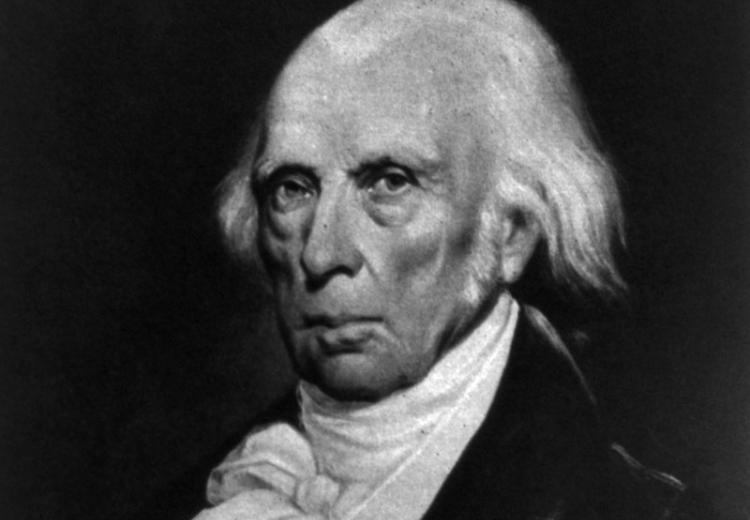

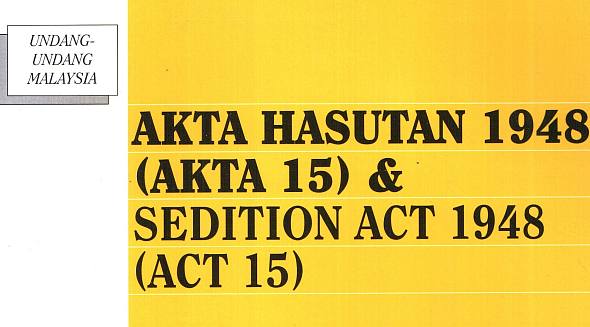
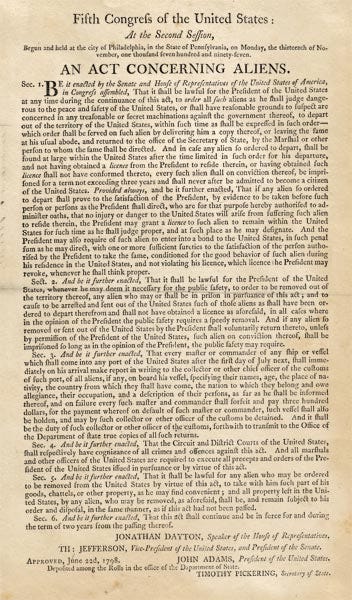
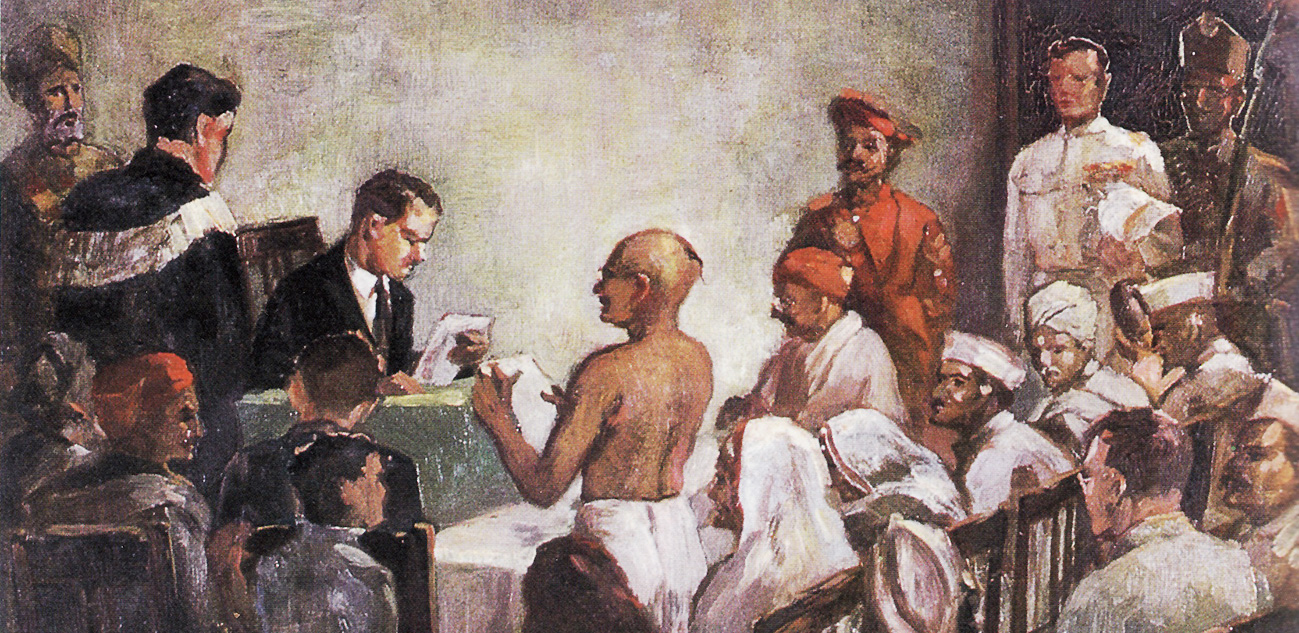
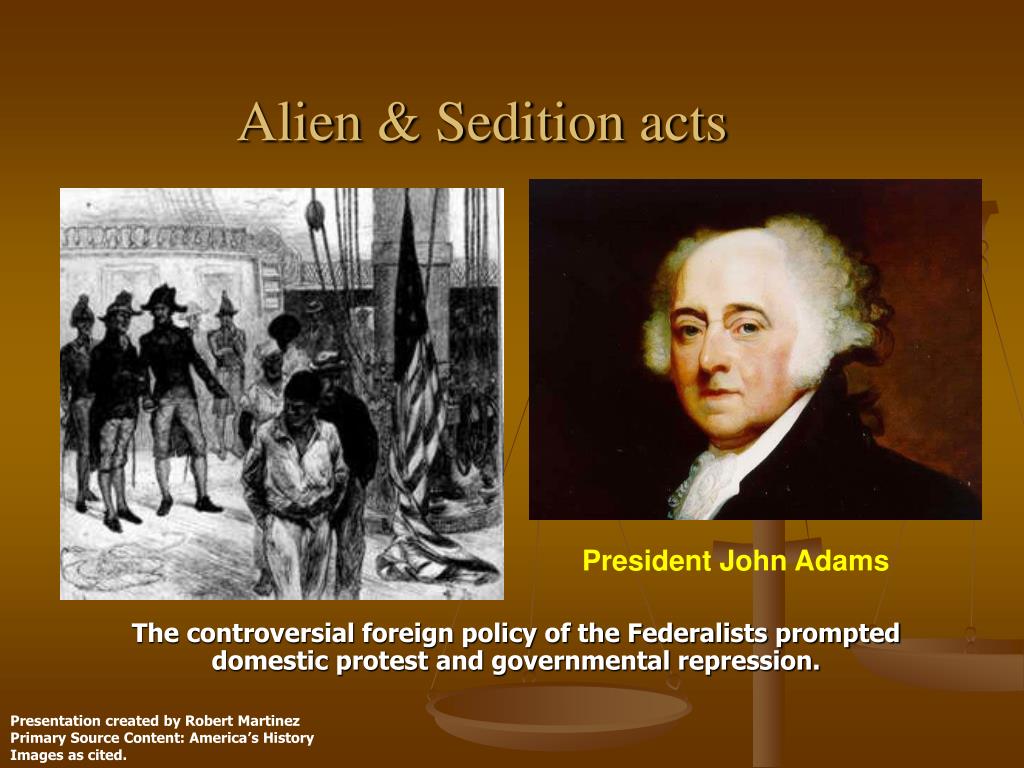


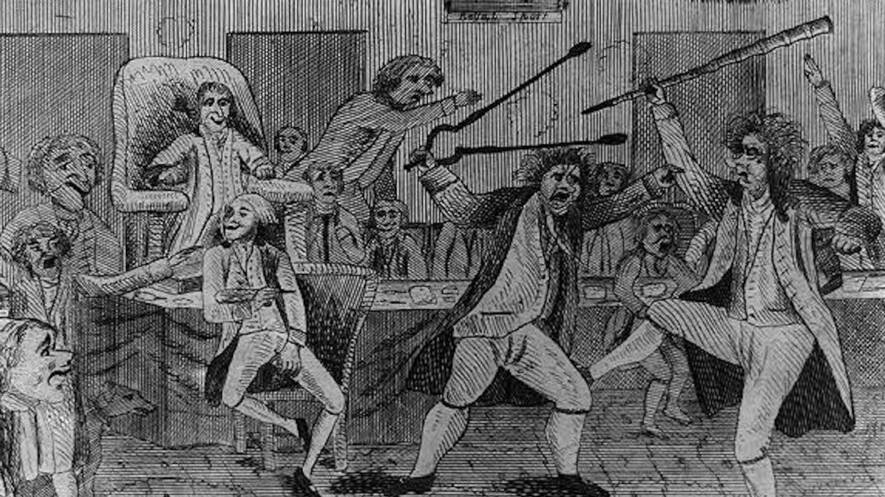

.jpg)
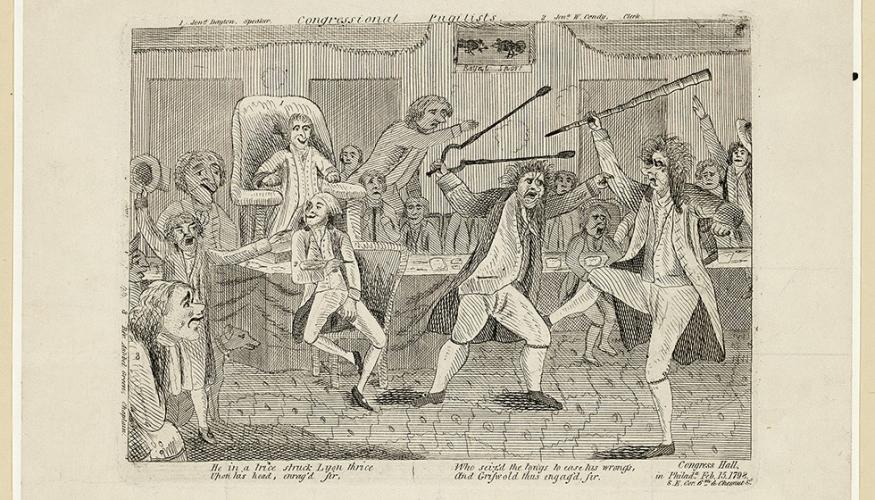
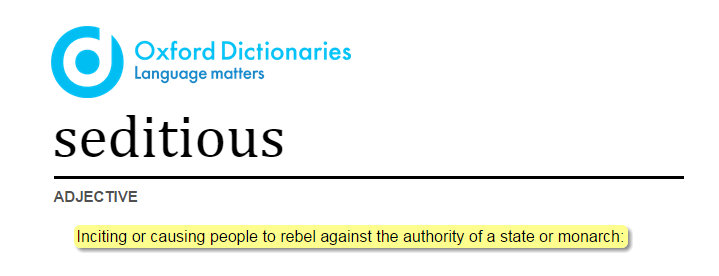





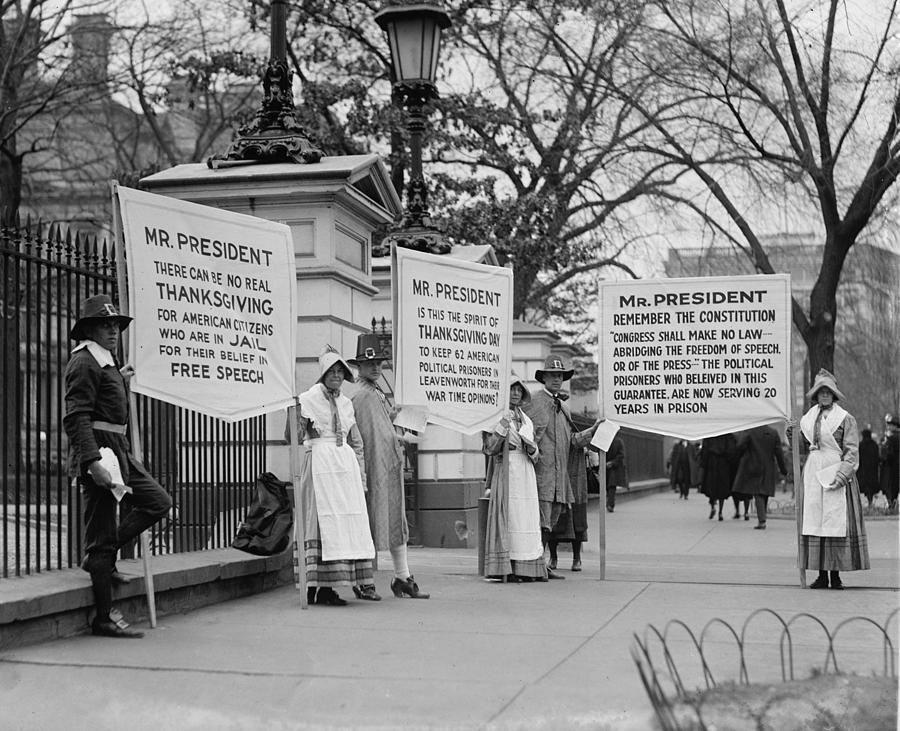









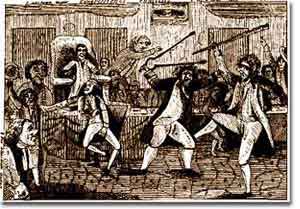





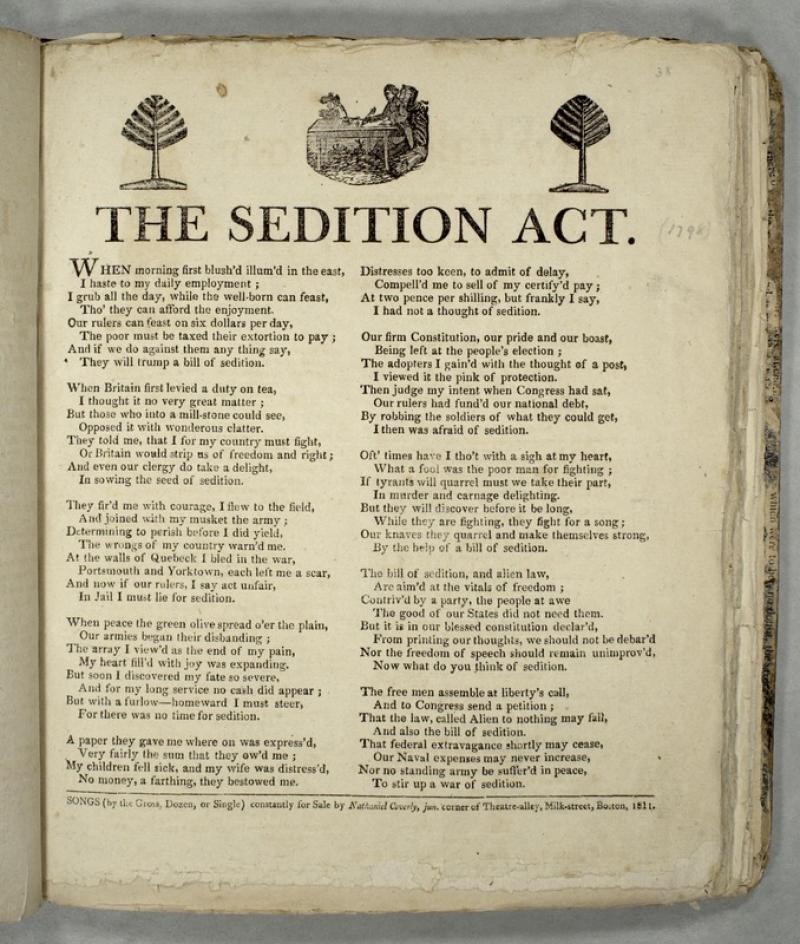








/2048px-Sedition_Act_1798-5bb3430846e0fb00263fd7a8.jpg)


/binoculars-97237752-5bc0f7f84cedfd00269089f9.jpg)


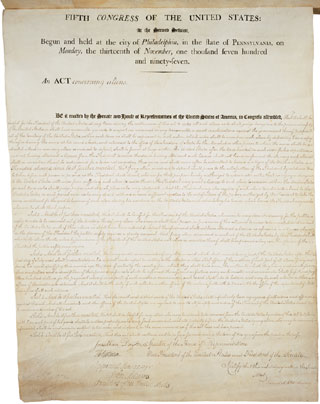




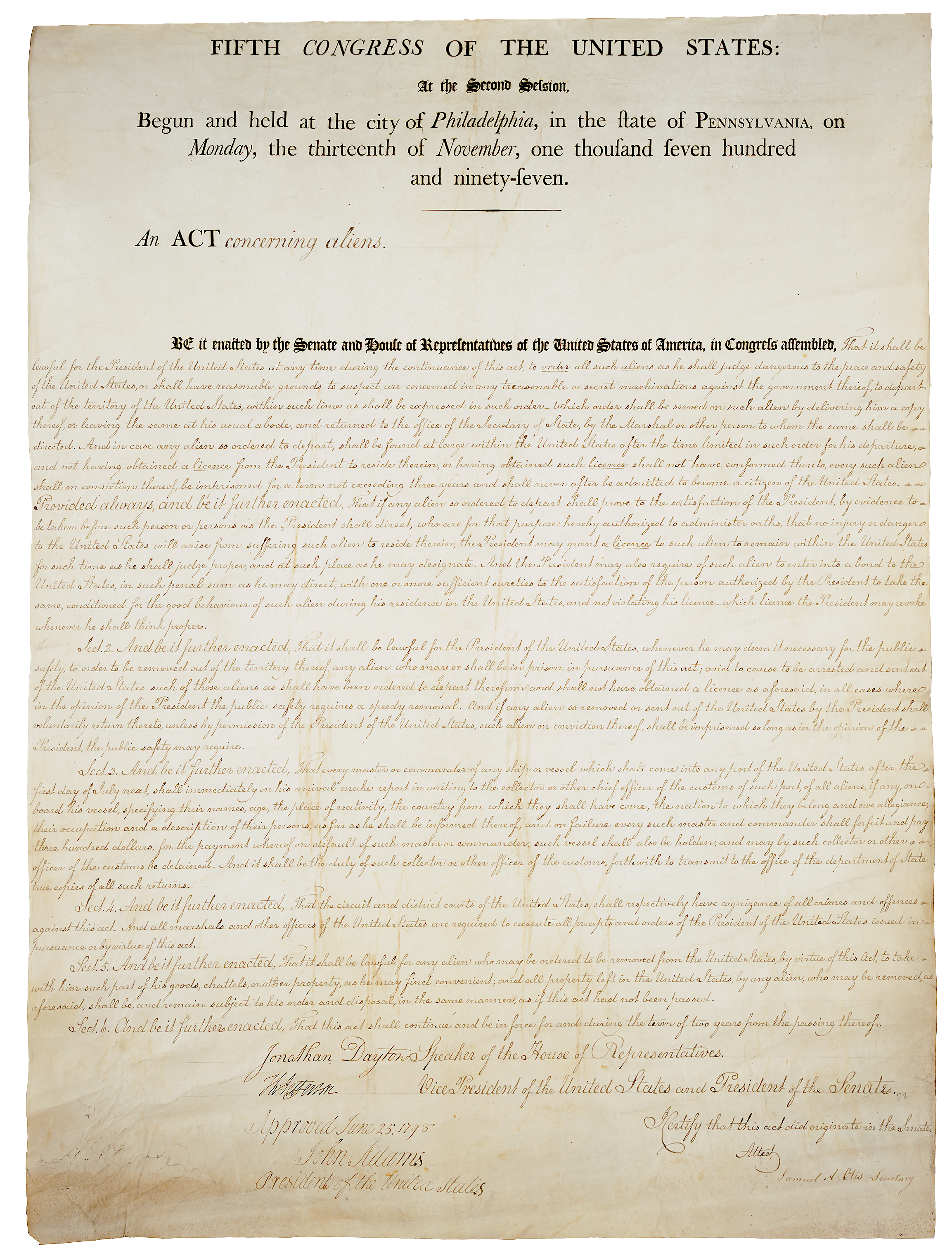
/2048px-Sedition_Act_1798-5bb3430846e0fb00263fd7a8.jpg)
















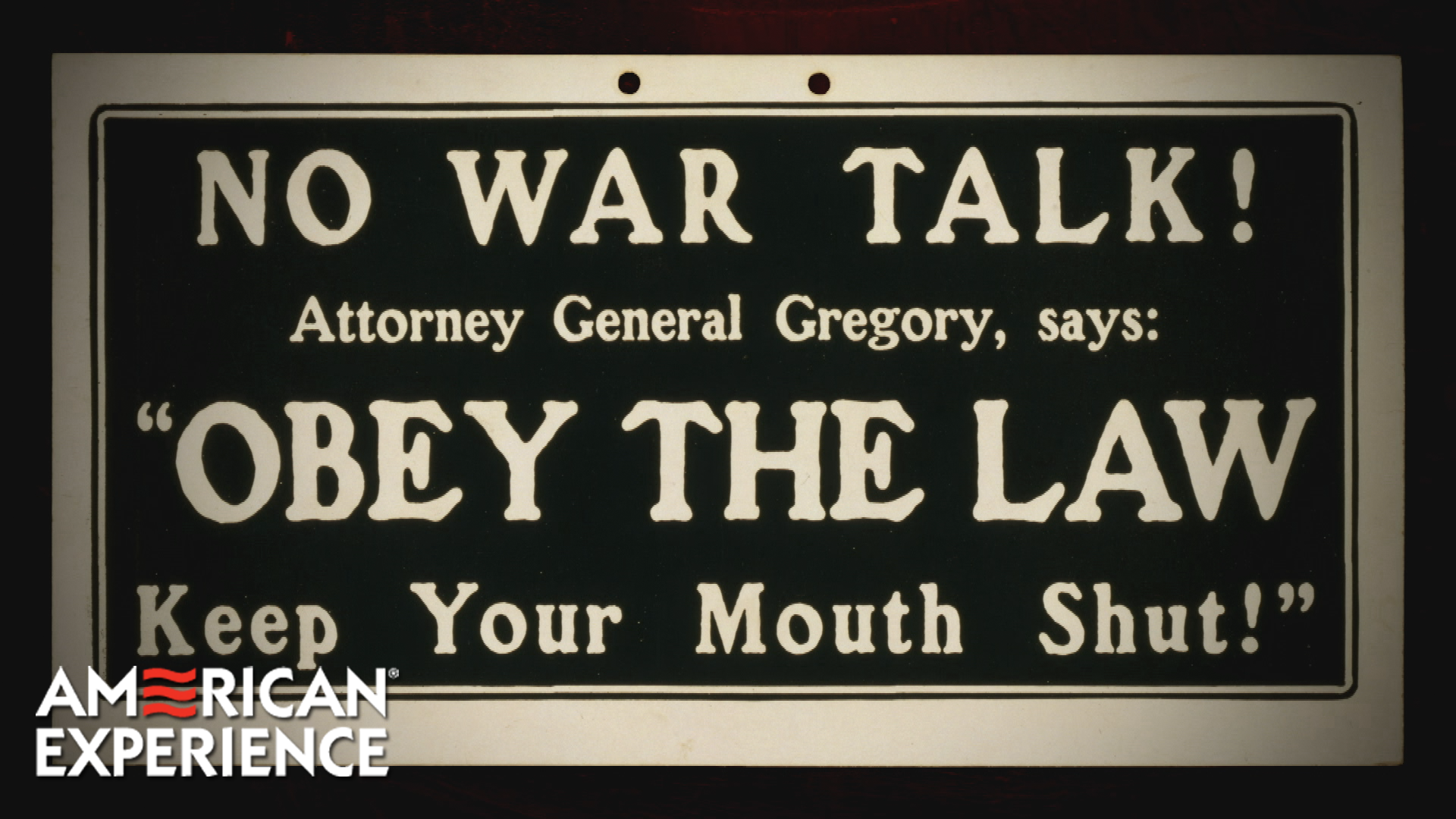

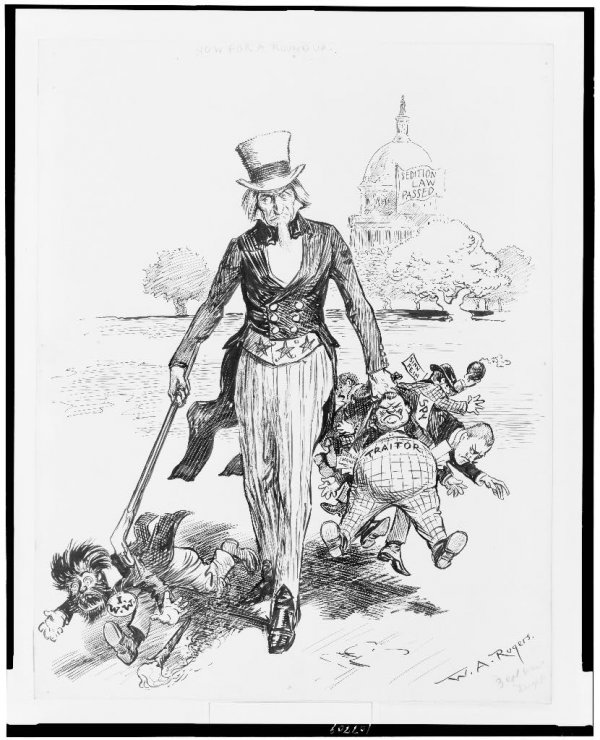

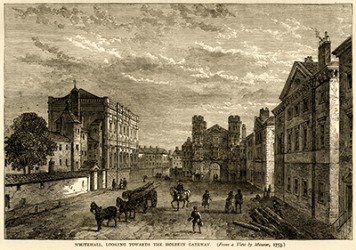


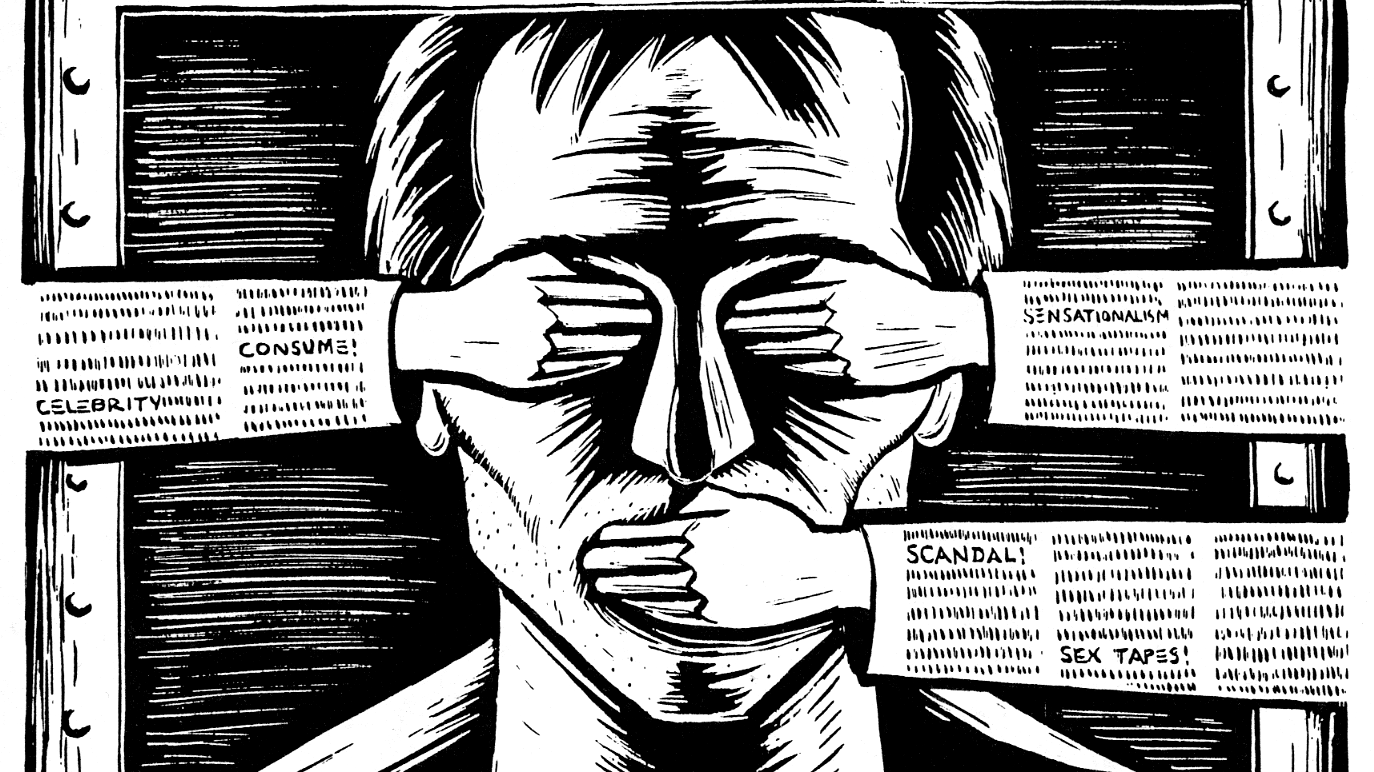
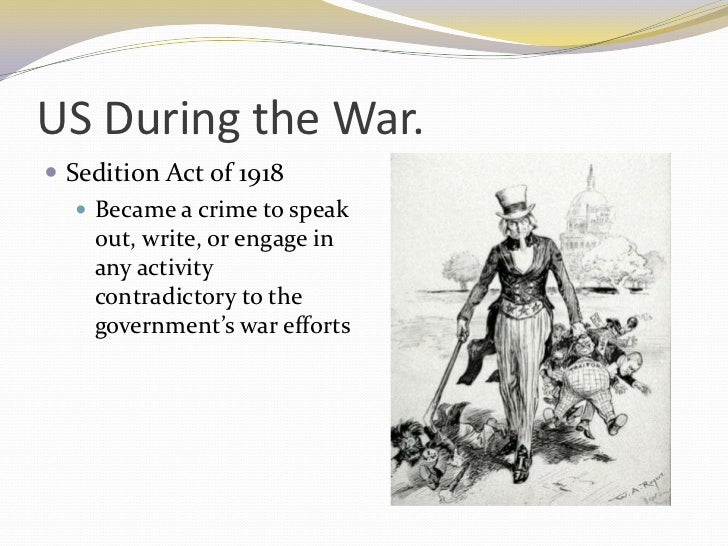
/2048px-Sedition_Act_1798-5bb3430846e0fb00263fd7a8.jpg)


